
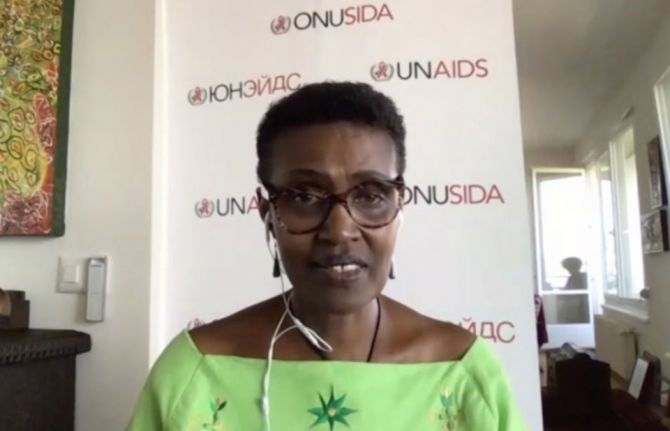
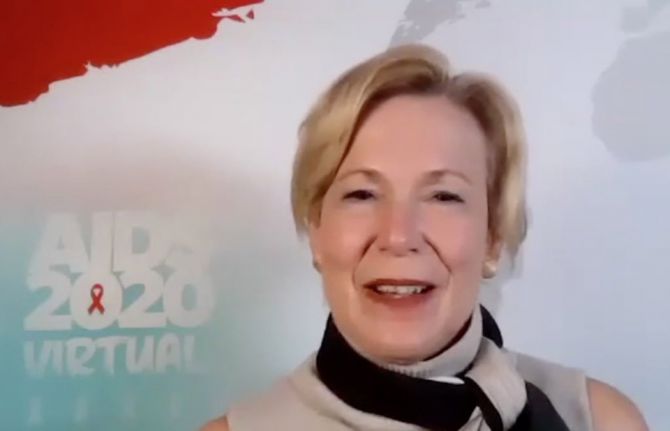
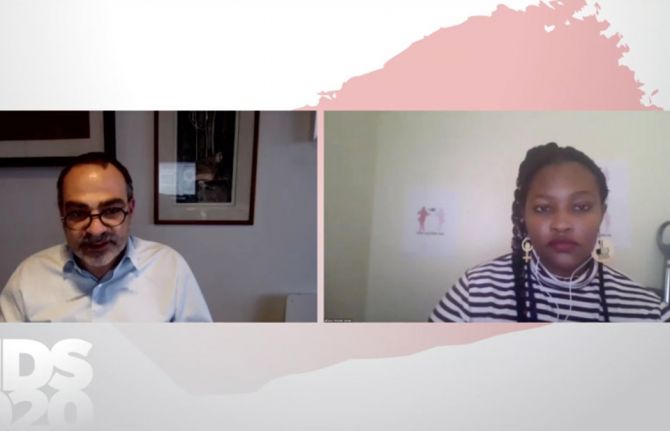
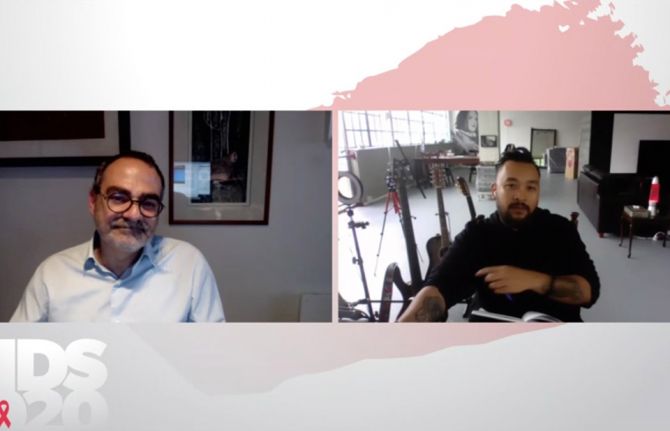
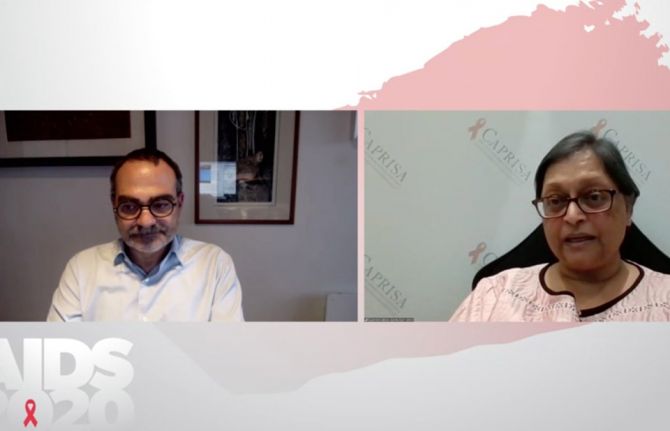
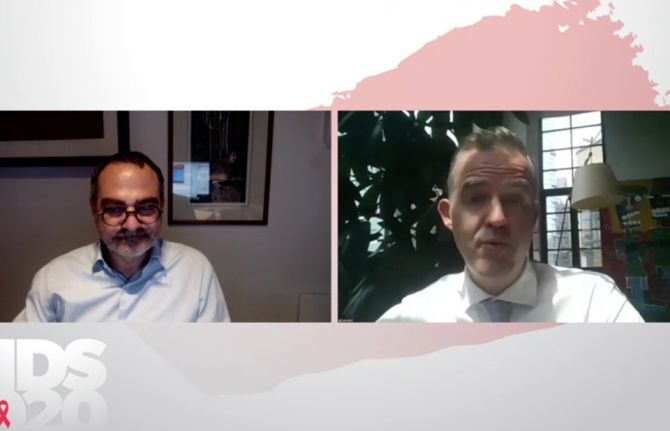
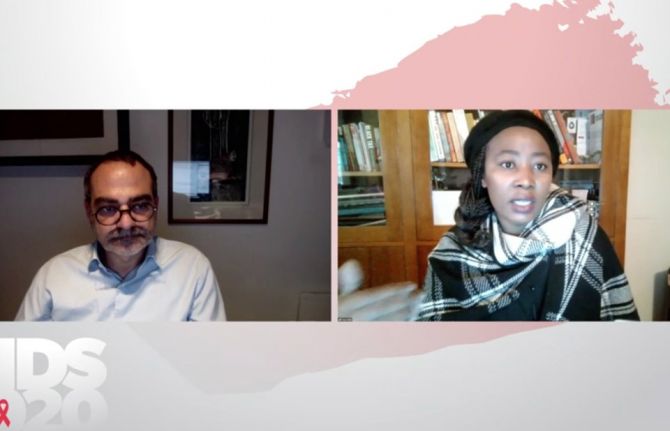
Feature Story
Next global AIDS strategy: be part of making history
09 July 2020
09 July 2020 09 July 2020Opening a session at the 2020 International AIDS Conference on UNAIDS’ next global AIDS strategy, UNAIDS Executive Director Winnie Byanyima presented a bold plan to put the global response to HIV back on track.
“Earlier this week, I raised the alarm that the world will miss the global HIV targets by 2020. The new UNAIDS strategy will be the road map to get the global response back on track to end the AIDS epidemic by 2030,” said Ms Byanyima. “The next UNAIDS strategy must address head-on the areas where we are still lagging, like combination prevention and human rights of key populations, and address the multiple vulnerabilities of adolescent girls and young women in sub-Saharan Africa.”
The session was an opportunity for the participants to engage in a discussion with UNAIDS on the key principles and issues that should underpin the next UNAIDS global AIDS strategy.
Deborah Birx, the United States Global AIDS Coordinator and White House Coronavirus Response Coordinator, stressed the need to “bring data, communities and governments together to address the issues people are confronted with every day.”
The participants agreed on the need for the strategy to address the core vulnerabilities that put people at risk, including harmful traditional gender norms, accessing livelihoods and education and reducing the exclusion and marginalization of key populations.
“Health is not only about health. Health is also about social justice. It's not enough to provide sex workers with condoms without addressing all the factors that prevent them from using them,” said Rico Gustav, Executive Director of the Global Network of People Living with HIV and Chair of the Global Fund Strategy Committee.
To close the gaps, there is a need to apply evidence to design programmes that adapt to the different epidemics and contexts. “We do have the tools to make an impact, but we need to move that to local level. We need to look at more customized solutions,” said Quarraisha Abdool Karim, from the Centre for the AIDS Programme of Research in South Africa.
There was a clear call for communities to be at the centre of the response in order to drive change. At the same time, the participants flagged the need to invest in communities to empower them to claim their leadership role, to hold everyone accountable, to help design and deliver people-centred, rights-based responses to HIV, tuberculosis and COVID-19 and to reach the hard to reach populations.
“How can we have people power when we don’t even have funding,” said Lucy Wanjiku, from the Kenya Positive Young Women Voices.
“Communities must be at the centre of the response. This means being funded, being part of decision-making and opening civic spaces for them to hold us all accountable,” added Ludo Bok, Manager of the Health and Development Group, United Nations Development Programme.
The speakers called for a serious reflection on what must be changed and a collective commitment to change the way we respond to HIV. The participants agreed on the need to focus the conversation on health as a basic right, on health as a social construct. HIV treatment and prevention cannot be delivered if there remain gaps to accessing knowledge, education, health care, harm reduction, sexual and reproductive health, secured livelihoods, economic opportunities, protection from violence and access to justice.
“I feel a renewed sense of urgency. We cannot continue to do the same things and expect a different outcome,” said Ms Byanyima. “People are expecting this strategy to set an urgent new direction for the global AIDS response—for the UNAIDS Joint Programme, for ending AIDS in every country and in every community.”



